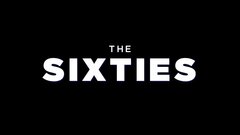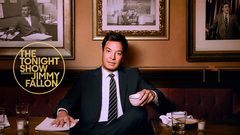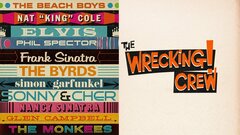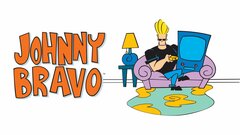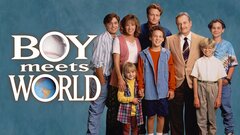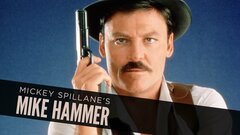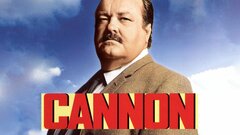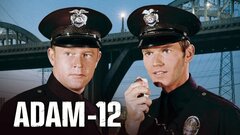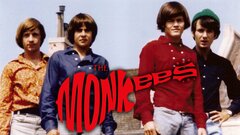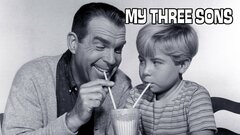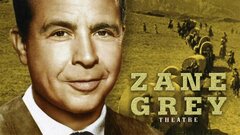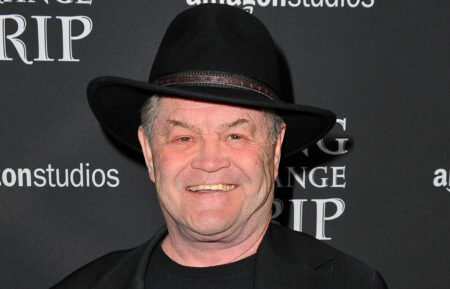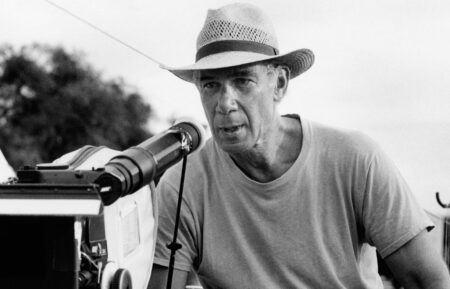Former child actor Micky Dolenz bloomed into one of the most popular teen idols of the 1960s as drummer and frequent lead vocalist of the Monkees, who successfully made the leap from characters on their eponymous television series (NBC, 1966-69) to an actual chart-topping pop act. Quick-witted and boundlessly energetic, Dolenz garnered the lion's shares of the laughs, in addition to singing some of the group's biggest hits, including "I'm a Believer," "Pleasant Valley Sunday," "Last Train to Clarksville" and many others.
Like most of his bandmates, Dolenz fell on hard times after the show and band collapsed in the mid-1970s, but he quickly rebounded as a television director in England. In the late 1980s, a new wave of Monkee-mania gripped America, spurring Dolenz to reunite with his former musical partners for a string of successful tours. Some four decades after the Monkees' initial heyday, Micky Dolenz remained the band's most enthusiastic and accessible member, as well as one of the most accomplished outside of the pop-rock realm.
Born George Michael Dolenz, Jr. on March 8, 1945 in Los Angeles, Micky Dolenz was the child of show business parents - his father, Slovenian actor George Dolenz, played the Count of Monte Cristo (ATV, 1956) on television, while his mother, Janelle Johnson, was a supporting player in pictures like "Since You Went Away" (1944). The younger Dolenz followed in his parents' footsteps almost immediately, making screen tests at the age of six, and starring on his first series, "Circus Boy" (NBC/ABC, 1956-58) when he was 10 years old.
After the show ran its course, Dolenz worked in episodic television while pursuing his education. He also fronted a variety of rock-n-roll bands in his teenaged years, most notably Micky and the One-Notes (later the Missing Links), and recorded a single, "Huff Puff/Don't Do It," which remained unreleased until 1967.
Dolenz landed his role on "The Monkees" while studying college in Los Angeles. His "role" within the fictitious group was the resident madcap, careening about the show's beach house set in manic fits of energy and providing a zany counterpoint to Davy Jones' heartthrob, Peter Tork's gentle eccentric and Mike Nesmith's wry straight man. He and Jones also split most of the lead vocal duties, with Dolenz handling most of the more upbeat, rock-oriented numbers, including "Last Train to Clarksville," "I'm a Believer" and the Tork composition "For Pete's Sake," which became the show's closing title theme in its second season.
Somewhat more challenging was his position as the Monkees' drummer, a position he took over after Jones proved too short for the cameras to capture his image behind the drum kit. But Dolenz proved a quick study, and by 1967, was capable enough to provide the beat for the Monkees' live shows. Though they had gelled as a band, Dolenz and the other band members were prevented from playing live on their singles and albums. But by 1968, the Monkees had taken the reins of their recordings, resulting in Headquarters, the first album to feature their playing as well as singing.
Unfortunately, the album also marked the beginning of the Monkees' decline as both music and television stars. The music press had never warmed to the group, whom they derisively dubbed the "Pre-Fab Four," and their core audience grew alienated by their increasingly experimental efforts, including the 1968 feature "Head," which attempted to tear down their image as charming pop stars.
Shortly after Dolenz made his directorial debut on a 1968 episode of the series, the network pulled the plug on the show, and Tork quit the group in 1969 amidst growing tension between band members. The Monkees carried on as a trio until 1970 when Nesmith left the act; the remaining members carried on as Dolenz and Jones, having lost the rights to use the Monkees name on recordings and live performances. For a period, they teamed with songwriters Tommy Boyce and Bobby Hart as Dolenz, Jones, Boyce & Hart to take advantage of the original series' popularity in syndication.
With the Monkees now reduced to an oldies act, Dolenz attempted to strike out on his own as a solo artist and actor. He found few takers in a string of singles recorded for MGM in the early 1970s, and stumbled through a string of ill-advised appearances in low-budget features like "Night of the Strangler" (1972) and "Linda Lovelace for President" (1975), a dreadful attempt to recast the adult film star as a comedienne.
Dolenz found more substantive work as a voice artist for various animated series like "The Funky Phantom" (ABC, 1971-72) and "Partridge Family 2200 A.D." (CBS, 1974-75). In 1977, he traveled to England to co-star with Jones in a stage production of Harry Nilsson's musical "The Point!" When the show ran its course, he remained in the U.K., where he became a prolific and successful producer and director for children's television, including the series "Metal Mickey" (ITV, 1980-83) and "Luna" (ITV, 1983-84).
In 1986, MTV and Nickelodeon began airing reruns of "The Monkees," which generated a huge audience among their young viewing demographic. The renewed interest spawned a greatest hits compilation album, Then & Now The Best of the Monkees, which featured two new songs with lead vocals by Dolenz. To the surprise of all involved, the single "That Was Then, This is Now" shot to No. 20 on the Billboard charts, prompting a successful reunion tour featuring Dolenz, Jones and Tork.
Two albums of original material soon followed, including Justus (1996), which featured Mike Nesmith, as well as regular tours through the United States and Europe. Dolenz responded to the newfound wave of interest with a wide variety of projects, including a pair of children's albums and an autobiography, 1993's I'm a Believer: My Life of Music, Madness and the Monkees. There were also numerous acting roles, including voiceover work on "The Tick" (Fox, 1994-96) and live action turns on numerous television series.
For a brief period, Dolenz was also in contention for the role of the Riddler in "Batman Forever" (1995).
The Monkees revival ground to a halt in the new millennium under the weight of old personality conflicts between band members. Tork was either fired or quit the act in 2001, and Dolenz and Jones finally split in 2002. For the next half-decade, Dolenz busied himself with solo tours, as well as acting stints, most notably in Rob Zombie's remake of "Halloween" (2007) and a brief but successful tenure as a morning disc jockey at WCBS in New York.
In 2006, he appeared in a national touring revival of "Pippin," and released an album of songs by Carole King called King for a Day in 2009. The following year, he starred in a well-received London stage production of the musical "Hairspray."
In 2011, Dolenz rejoined Jones and Tork for a tour to mark the 45th anniversary of the Monkees' inception. After launching to considerable acclaim in the U.K., the tour derailed midway through the year due to conflicts within the group. Further attempts to reunite were forever put to rest with Davy Jones' death in early 2012. His passing was noted by condolences in the press by all three surviving Monkees.
By Paul Gaita





